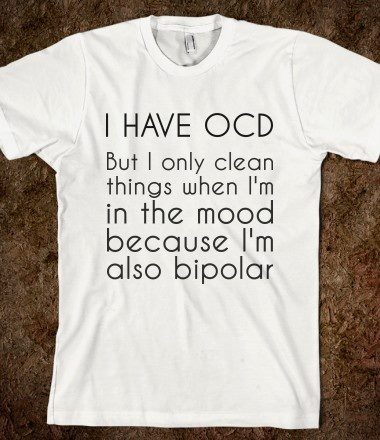Darkness Undone: Overcoming the Lie That This World Is All There Is In Ethel Pochocki’s The Mushroom Man
By Ellie Rinehart
For the wrath of God is revealed from heaven against all ungodliness and unrighteousness of men, who by their unrighteousness suppress the truth … For although they knew God, they did not honor him as God or give thanks to him, but they became futile in their thinking, and their foolish hearts were darkened. – Romans 1:18; 21
The first time I read Ethel Pochocki’s The Mushroom Man, I was crying by the second page. I was probably an overly empathetic child, but to this day there is still something about the poor Mushroom Man’s plight that triggers my tear ducts. Given twenty more years of living I understand now that the story evokes such emotion because it depicts everyman’s plight – the darkness all humanity must endure and the lie that the darkness is all there is. In my later years I could not shake the sense that things were never meant to be this way. Somehow there was a time when the wrongs that ruffle our senses, make us uncomfortable and even affect great suffering were not a part of our story. And that thought gives me great hope that a time is coming when it will not always be so. The Mushroom Man shares that hope.
In Pochocki’s story, her main character has worked his fingers in the darkness of the mushroom fields for so long that he begins to take on their characteristics. Strangers refer to him as the Mushroom Man, for “His round, oversized head was a bit too large for the rest of his body, and his flesh, pale as paste, was spongy to the touch.” By the time we meet the lonely Mushroom Man, his identity is so engrossed in the crop he tends that the author doesn’t even bother giving us his real name. He is merely the Mushroom Man. He becomes so comfortable with darkness and isolation that he loses sight of hope and the joy that is to be found in the light of walking with another living being. He settles in the dark loneliness and “He learned to live with it, as one would with a grouchy relative. ‘After all,’ he said to himself, ‘nothing’s perfect.’”
Eventually he cannot suppress the ache any longer. He knows that there is more to life than the dark loneliness he inhabits. He knows because of the ache. Even after investing in the promise that darkness is all there is, he still knows that terrible ache. The Mushroom Man calls his ache out by name, “Loneliness,” and when he does his story transforms, for that very utterance is a denial that all is well and as it should be – an utterance that shakes the darkness at its core.
In an act of faith and desperation he takes a risk. Contesting the lie of normalcy, he admits loneliness and invites someone to share his quest for a fuller life. In a most unexpected turn of events the man befriends a mole – a creature most like him in every way: a lover of the dark and of mushrooms, dreadfully lonely but aware of his neediness. The mole, whose family was lost to poachers of moles to be made into muffs, decides to accept the man’s friendship and “to risk all. ‘Of course I will come. How kind of you to invite me,’ he said, knowing he had sealed his fate, for better or worse.” The light of fellowship found in risking this relationship assuages the bitter loneliness both man and mole had suffered for so long.
How many times have we been in the Mushroom Man’s shoes? Wandering alone and desperate in the darkness feeling the terrible ache that hints at a much greater problem. The problem is a broken world. We all feel it. We don’t all recognize it. Because of our brokenness we are bent on suppressing the truth that everything in existence is in shambles. Most of the time, it seems easier to normalize the brokenness. “After all,” we say, “it’s going to be broken as long as we’re living in it so we might as well just grit our teeth and live like this is all life offers.”
The problem with that, however, is the ache continues. No matter how much we conform to the brokenness there remains an unshakeable ache that haunts every grasp for happiness. But if we, with much fear and trembling, call out our aches, we see through the lie that the brokenness is all we’ll ever know. We see the glory of a world made right and we want to know more. The flash of such a world seeps through the façade of utter brokenness for just a moment and in that moment – if we truly see – we abandon darkness in a ruthless search for light.











